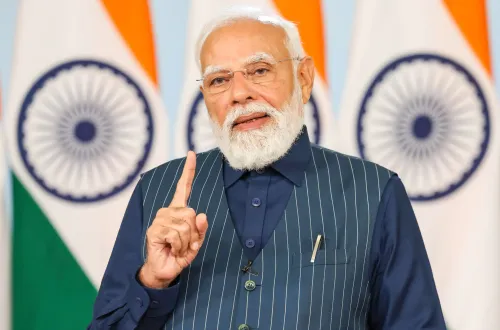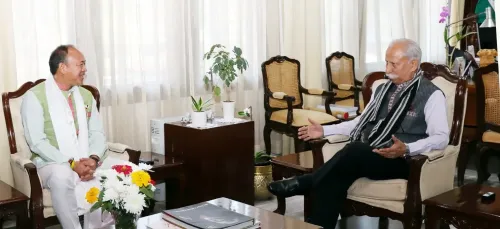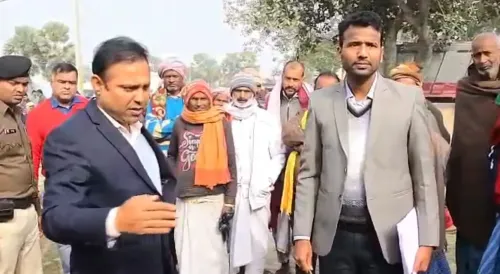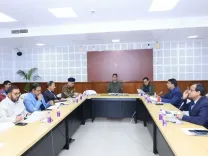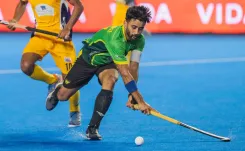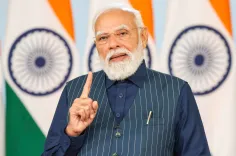Will the Bombay HC ruling acquitting 2006 Mumbai train blasts accused set a precedent?
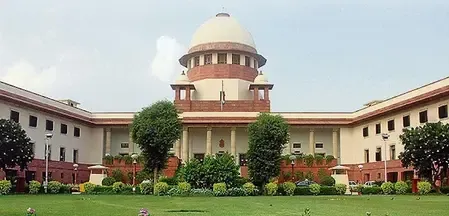
Synopsis
Key Takeaways
- The Supreme Court's decision indicates a careful approach towards legal precedents.
- Significant implications for pending trials under MCOCA.
- The acquittal reflects challenges in prosecuting terrorism cases.
- Confessional statements were deemed inadmissible due to torture claims.
- The 2006 blasts had a profound impact on Mumbai's safety and security.
New Delhi, July 24 (NationPress) The Supreme Court stated on Thursday that the Bombay High Court's ruling acquitting 12 individuals involved in the 2006 Mumbai train blasts will not serve as a binding precedent. A Bench comprising Justices M.M. Sundresh and N. Kotiswar Singh made this declaration following Solicitor General Tushar Mehta's assertion that the legal questions addressed in the contested judgment could impact other ongoing trials under the Maharashtra Control of Organised Crime Act, 1999 (MCOCA).
The Bench, led by Justice Sundresh, also issued a notice regarding the Maharashtra government's petition contesting the Bombay High Court's verdict in the July 11, 2006, Mumbai blast incident.
In a significant decision, the court ordered the immediate release of the 12 accused, of whom five were sentenced to death and seven received life imprisonment. The acquittal, delivered by Justices Anil Kilor and S. Chandak, represented a substantial setback for the investigation agencies in Maharashtra.
The Justice Kilor-led panel criticized the inadequate investigation, asserting that the prosecution even failed to identify the types of explosives used in the attack.
The 12 accused, who had spent 19 years in prison, successfully demonstrated to the Bombay High Court that they were subjected to torture to extract confessions.
Consequently, the court declared the confessions inadmissible, stating, 'The prosecution did not meet the requirements concerning the voluntariness and truthfulness of the confessional statements.'
On July 11, 2006, seven bomb blasts struck crowded Mumbai local trains, causing chaos in the city within a mere 11 minutes.
This terrorist assault resulted in 189 fatalities and injured over 800 individuals.
In 2015, a special court convicted 12 people in this case, sentencing five — Faisal Shaikh, Asif Khan, Kamal Ansari, Ehtesham Siddiqui, and Naveed Khan — to death, while the other seven received life sentences.
The prosecution contended that the attack was orchestrated by Pakistan's intelligence agency, ISI, and executed by operatives from the Pakistan-based militant group Lashkar-e-Taiba, with assistance from the banned Indian organization, the Students' Islamic Movement of India.
Recently, Chief Justice of India (CJI) B.R. Gavai agreed to prioritize the Maharashtra government's special leave petition (SLP) for discussion on July 24. Solicitor General Mehta emphasized the urgency of the matter, indicating it necessitated the top court's attention for 'several critical issues.'



